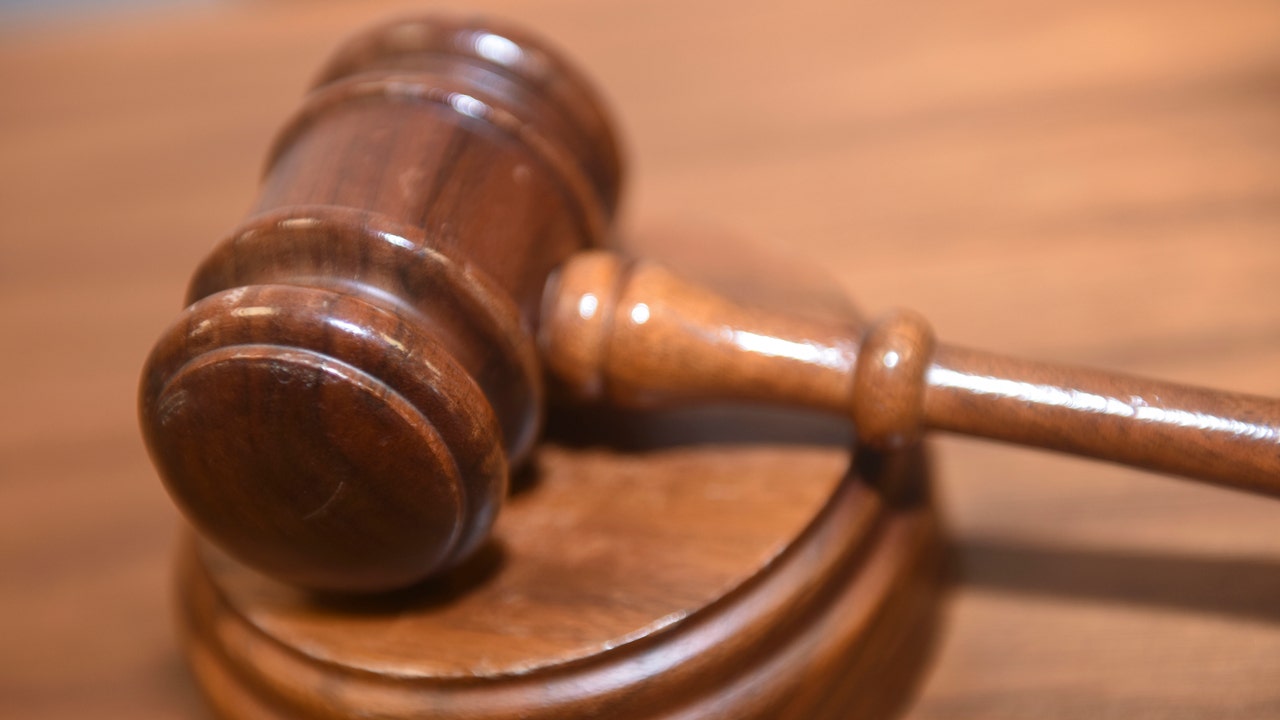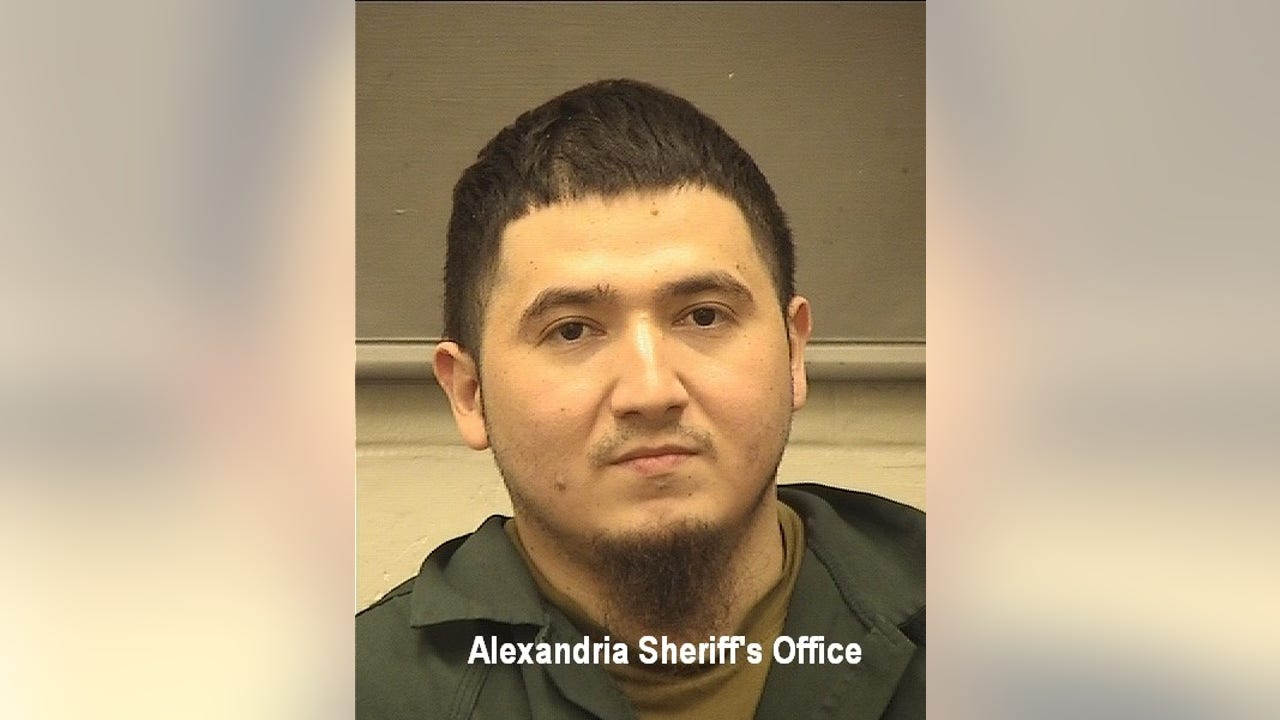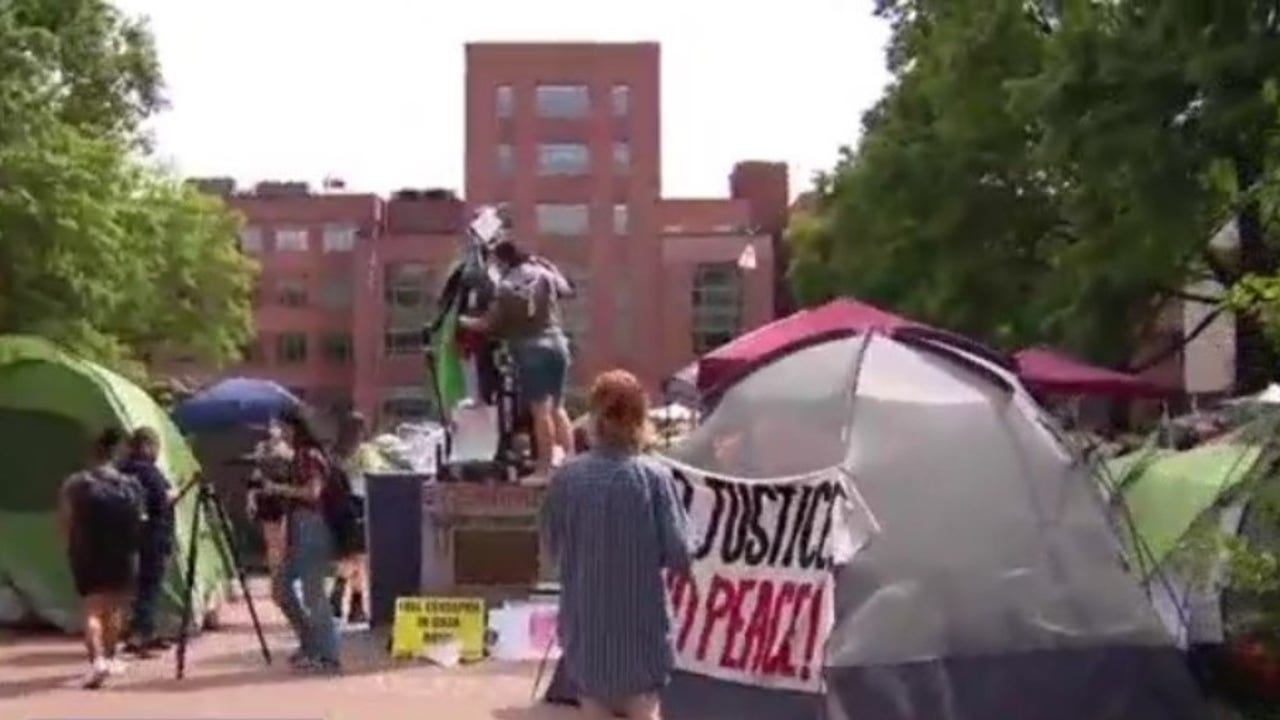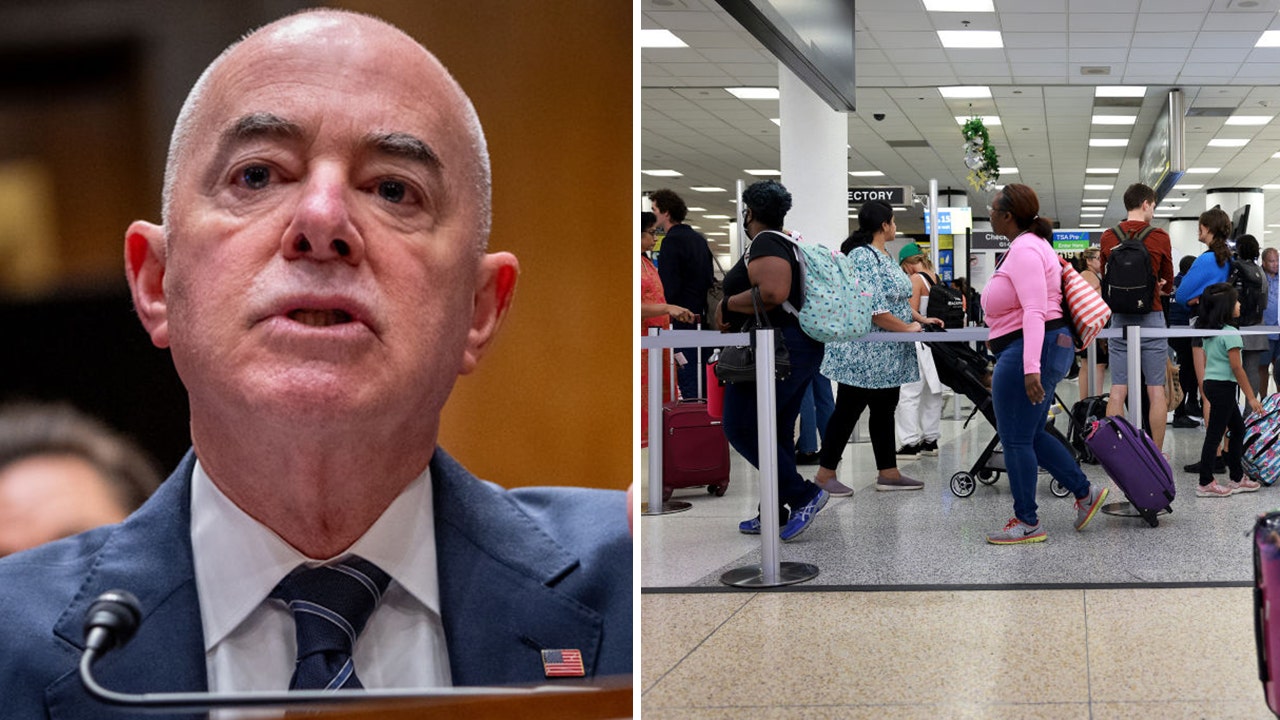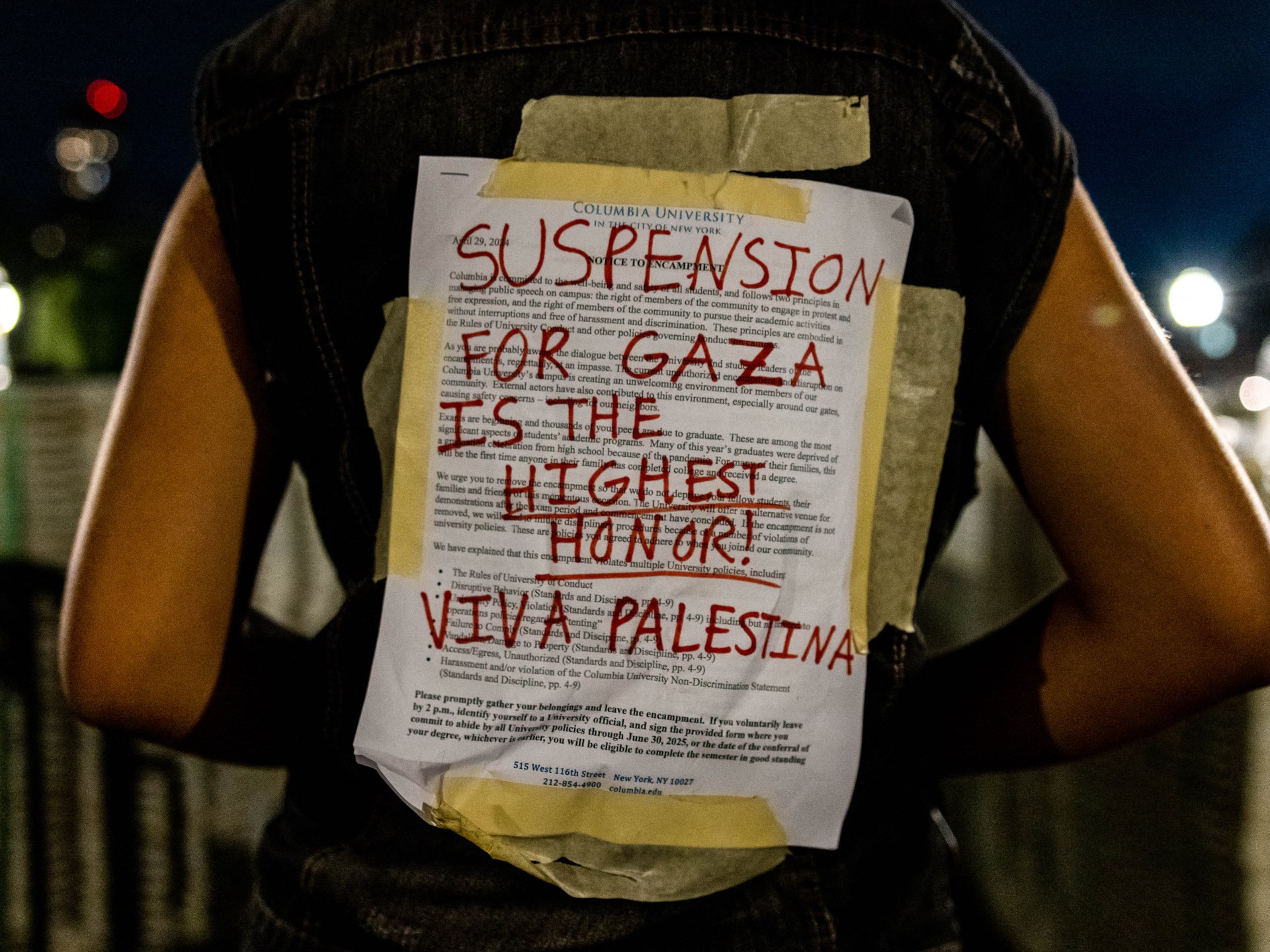- LATEST DEVELOPMENTS:
- Qatar foreign ministry confirms row settled
- Qatar says 13 Israelis and 4 foreigners were received by the ICRC
- Israel to release 39 Palestinians in exchange
World
Hamas releases more Israeli, foreign hostages on second day of Gaza truce
/cloudfront-us-east-2.images.arcpublishing.com/reuters/OW32VYMRHRNKLKM4PDEWMSOWCA.jpg)
GAZA/JERUSALEM, Nov 25 (Reuters) – Hamas handed over 13 Israeli hostages and four foreigners to the International Committee of the Red Cross on Saturday night, Qatar’s foreign ministry said, after a brief disruption earlier to the deal to free captives was overcome with the mediation of Qatar and Egypt.
The Gaza hostage deal was back on track after a temporary delay over a dispute about aid supplies to the north of the besieged enclave.
“13 Israelis and 4 foreigners were received by ICRC and on their way to Rafah,” Qatar’s foreign ministry spokesman, Majed Al Ansari, said on social media platform X, formerly known as Twitter.
TV images showed Red Cross vehicles at Rafah crossing between Gaza and Egypt.
A Palestinian official familiar with the diplomacy said Hamas would continue with the four-day truce agreed with Israel, the first break in fighting in seven weeks of war.
Al Ansari earlier said a brief delay and obstacle to the hostage release were overcome through Qatari-Egyptian contacts with both sides, adding that 39 Palestinian civilians were going to be released in exchange.
Among the Israeli hostages, eight were expected to be children and five others women, Al Ansari said, while the Palestinians to be released from Israeli prisons would consist of 33 children and six women.
U.S. President Joe Biden spoke to Qatar Emir Sheikh Tamim bin Hamad Al Thani on the hold-up over the hostage deal, Adrienne Watson, spokesperson for the White House National Security Council, said. About 3-1/2 hours after their call, the White House learned from the Qataris that the agreement was back on and the International Committee of the Red Cross (ICRC) was moving to collect the hostages, Watson added.
The armed wing of Hamas had earlier said it was delaying Saturday’s scheduled second round of hostage releases until Israel met all truce conditions, including committing to let aid trucks into northern Gaza.
Hamas spokesperson Osama Hamdan said only 65 of 340 aid trucks that had entered Gaza since Friday had reached northern Gaza, which was “less than half of what Israel agreed on.”
Al-Qassam Brigades also said Israel had failed to respect the terms of the Palestinian prisoner releases. Qadura Fares, the Palestinian commissioner for prisoners, said Israel had not released detainees by seniority, as was expected.
Agriculture Minister Avi Dichter, a member of Israel’s security cabinet, told Channel 13 News that Israel was “abiding by the deal” with Hamas that Qatar had mediated.
Israel has said 50 trucks with food, water, shelter equipment and medical supplies had deployed to northern Gaza under UN supervision, the first significant aid delivery there since the start of the war.
The brief dispute over the truce raised concerns over the smooth implementation of the hostage deal after 13 Israeli women and children were freed by Hamas on Friday. Some 39 Palestinian women and teenagers were released from Israeli jails.
[1/21]A Red Cross vehicle, as part of a convoy believed to be carrying hostages abducted by Hamas militants during the October 7 attack on Israel, arrives at the Rafah border, amid a hostages-prisoners swap deal between Hamas and Israel, in southern Gaza Strip November 25, 2023. REUTERS/Ibraheem Abu… Acquire Licensing Rights
Israeli army spokesperson Olivier Rafowicz told French television Israel was strictly honouring the terms of the truce, and said the military had carried out no attacks or offensive operations in Gaza on Saturday.
TRUCE EXTENDED?
A total of 50 hostages are to be exchanged for 150 Palestinian prisoners over four days under the truce, the first halt in fighting since Hamas fighters rampaged through southern Israel on Oct. 7, killing 1,200 people and taking about 240 hostages.
In response to that attack, Israel has vowed to destroy the Hamas militants who run Gaza, raining bombs and shells on the enclave and launching a ground offensive in the north. To date, some 14,800 people, roughly 40% of them children, have been killed, Palestinian health authorities said on Saturday.
Before the delay to the latest hostage and prisoner exchange, Egypt, which controls the Rafah border crossing through which aid supplies have resumed into southern Gaza, said it had received “positive signals” from all parties over a possible truce extension.
Israel has said the ceasefire could be extended if Hamas continues to release hostages at a rate of at least 10 per day. A Palestinian source has said up to 100 hostages could go free.
DANCING FOR JOY
The short-lived row over the truce accord’s implementation contrasted with scenes of joy earlier in the day as hostages were reunited with their families.
After almost 50 days in captivity in Gaza, nine-year-old Ohad Munder ran down a hospital corridor in Israel into his father’s arms, footage released by the hospital showed.
He and three other children released at the same time were in relatively good condition, Gilat Livni, the centre’s Director of Paediatrics told reporters.
“They shared experiences, we were up with them until late at night and it was interesting, upsetting and moving,” said Livni.
“I dreamt we came home,” said another hostage, four-year-old Raz Asher, as she sat in her father’s arms on a hospital bed after she and her mother and younger sister were freed. “Now the dream came true,” her father, Yoni, replied.
For Palestinians, however, joy at the release of prisoners from Israeli jails had a bitter tinge to it. Israeli police were seen raiding the home of Sawsan Bkeer on Friday shortly before her daughter Marah, 24, was released. Israeli police declined to comment.
“There is no real joy, even this little joy we feel as we wait,” said Sawsan Bkeer. “We are still afraid to feel happy,” she said.
Reporting by Bassam Masoud, James Mackenzie, Maayan Lubell, Emma Farge, Aidan Lewis, Adam Makary and Nidal al-Mugrabi; Additional reporting by Sybille de La Hamaide; Writing by Humeyra Pamuk and Ingrid Melander and Jon Boyle
Editing by Hugh Lawson and Matthew Lewis
Our Standards: The Thomson Reuters Trust Principles.

Continue Reading
World
House Republicans launch investigation into federal funding for universities amid campus protests
WASHINGTON (AP) — House Republicans on Tuesday announced an investigation into the federal funding for universities where students have protested the Israel-Hamas war, broadening a campaign that has placed heavy scrutiny on how presidents at the nation’s most prestigious colleges have dealt with reports of antisemitism on campus.
Several House committees will be tasked with a wide probe that ultimately threatens to withhold federal research grants and other government support to the universities, placing another pressure point on campus administrators who are struggling to manage pro-Palestine encampments, allegations of discrimination against Jewish students and questions of how they are integrating free speech and campus safety.
The House investigation follows several recent high-profile hearings that precipitated the resignations of presidents at Harvard and the University of Pennsylvania. And House Republicans promised more scrutiny, saying they were calling on the administrators of Yale, UCLA and the University of Michigan to testify next month.
“We will not allow antisemitism to thrive on campus, and we will hold these universities accountable for their failure to protect Jewish students on campus,” said House Speaker Mike Johnson at a news conference.
Nationwide, campus protesters have called for their institutions to cut financial ties to Israel and decried how thousands of civilians in Gaza have been killed by Israel following the deadly attack by Hamas on Oct. 7.
Some organizers have called for Hamas to violently seize Israeli territory and derided Zionism. Jewish students, meanwhile, have reported being targeted and say campus administrators have not done enough to protect them.
After Johnson visited Columbia last week with several other top House Republicans, he said “the anti-Jewish hatred was appalling.”
Republicans are also turning to the issue at a time when election season is fully underway and leadership needs a cause that unites them and divides Democrats. The House GOP’s impeachment inquiry into President Joe Biden has fallen flat and the Republican conference is smarting after a series of important bills left GOP lawmakers deeply divided. Democrats have feuded internally at times over the Israel-Hamas war and how campus administrators have handled the protests.
Senate Majority Leader Chuck Schumer, a New York Democrat, said in a floor speech Tuesday that it was “unacceptable when Jewish students are targeted for being Jewish, when protests exhibit verbal abuse, systemic intimidation, or glorification of the murderous and hateful Hamas or the violence of October 7th.”
Rep. Pete Aguilar, the No. 3 House Democrat, at a news conference Tuesday said that it was important for colleges “to ensure that everybody has an ability to protest and to make their voice heard but they have a responsibility to honor the safety of individuals.”
“For many of Jewish descent, they do not feel safe, and that is a real issue,” he said, but added that he wanted to allow university administrators to act before Congress stepped in.
But the Republican speaker promised to use “all the tools available” to push the universities. Johnson was joined by chairs for six committees with jurisdiction over a wide range of government programs, including National Science Foundation grants, health research grants, visas for international students and the tax code for nonprofit universities.
Without Democratic support in the divided Congress, it is not clear what legislative punishments House Republicans could actually implement. Any bills from the House would be unlikely to advance in the Democratic-controlled Senate.
But so far, the House hearings with university presidents have produced viral moments and given Republicans high-profile opportunities to denounce campuses as hotbeds of antisemitism. In December, the presidents of Ivy League universities struggled to answer pointed questions about whether “calling for the genocide of Jews” would violate each university’s code of conduct.
Rep. Elise Stefanik, the New York Republican who posed the question in the December hearing, said it became the highest-viewed congressional hearing in history. She also cast the campaign against antisemitism as part of a broader conservative push against what they say is overt liberal bias at elite American universities.
“Enough is enough,” she said. “It is time to restore law and order, academic integrity and moral decency to America’s higher education institutions.”
The House Committee on Education and the Workforce is also requesting that the administrators of Yale, UCLA and the University of Michigan appear at a hearing on May 23 that focuses on how they handled the recent protests.
“As Republican leaders, we have a clear message for mealy-mouthed, spineless leaders: Congress will not tolerate your dereliction of duty to your Jewish students,” said the committee chair, North Carolina Rep. Virginia Foxx.
At a hearing of the committee earlier this month, Columbia University’s president took a firm stance against antisemitism. But at the same time, a protest was underway on Columbia’s campus that would soon set off others like it nationwide. The university began suspending students this week in an attempt to clear the protest encampment on campus.
The university is also facing federal legal complaints. A class-action lawsuit on behalf of Jewish students alleges Columbia breached its contract by failing to maintain a safe learning environment.
Meanwhile, a legal group representing pro-Palestinian students is urging the U.S. Department of Education’s civil rights office to investigate whether Columbia’s treatment of the protesting students violated the Civil Rights Act of 1964.
World
Chinese coast guard fires water cannons at Philippine ships as tensions mount in South China Sea

Chinese coast guard ships fired water cannons at two Philippine patrol vessels Tuesday near a disputed shoal in the South China Sea, damaging both in the latest flare-up in an increasingly tense territorial conflict.
There were no immediate reports of injuries in the incident off Scarborough Shoal, one of two hotly disputed areas where confrontations between China and the Philippines have flared on and off since last year.
A Philippine coast guard ship and an accompanying fisheries vessel were patrolling the waters off Scarborough Shoal when four Chinese coast guard ships, backed by six suspected militia ships, executed dangerous blocking maneuvers, Philippine coast guard spokesperson Commodore Jay Tarriela said.
PHILIPPINES ISSUES ‘STRONGEST PROTEST’ AFTER CHINESE WATER CANNON ASSAULT ON NAVY BOAT
A Chinese coast guard ship used a water cannon against the fisheries vessel, the BRP Bankaw, and two other Chinese coast guard ships hit the Philippine coast guard ship, the BRP Bagacay, simultaneously from both sides, damaging part of its deck railing and a canopy, Tarriela added.
“China’s coast guard and maritime militia vessels harassed, blocked and rammed vessels of the Philippine coast guard and the Bureau of Fisheries and Aquatic Resources,” a Philippine government task force dealing with the territorial disputes said.
The Philippine fisheries vessel sustained damages, including to its electrical, navigation and radio systems, the task force said. A number of journalists who were invited to join the patrol witnessed the hostilities, it added.
A Philippine Coast Guard vessel is water cannoned by Chinese Coast Guards as it tries to approach the waters near Scarborough Shoal, locally known as Bajo De Masinloc, in the South China Sea on April 30, 2024. (Philippine Coast Guard via AP)
“China’s latest illegal and irresponsible behavior highlights its egregious disregard for the Philippines’ lawful exercise of its rights and entitlements in our own Exclusive Economic Zone,” the task force said.
The Philippine vessels pressed on with their patrol despite the Chinese coast guard’s actions, according to the Philippine coast guard. “They were not deterred and would persist in carrying out their legitimate operations to support Filipino fishermen and ensure their safety,” it added.
China called its action Tuesday a “necessary measure”. “The Philippines has violated China’s sovereignty with its actions,” said Gan Yu, spokesperson for China’s coast guard. “It will continue to carry out actions to defend its rights in the Chinese waters according to law, and will resolutely uphold our country’s maritime rights”, he insisted.
The Chinese coast guard has also re-installed a floating barrier across the entrance to the shoal’s vast fishing lagoon. The Philippine coast guard removed a similar barrier in the past to allow Filipinos to fish there.
China insists on its sovereignty over virtually all of the South China Sea, a key global trade route.
In addition to the Philippines and China, Vietnam, Malaysia, Brunei and Taiwan have also been involved in the territorial disputes.
The increasing frequency of the skirmishes between the Philippines and China, which have injured Filipino navy personnel and damaged supply boats in the past, has sparked fears the territorial conflict could degenerate into an armed confrontation that could put China and the United States on a collision course.
The U.S. lays no claims to the South China Sea but has warned that it is obligated to defend the Philippines, a longtime treaty ally, if Filipino forces, ships and aircraft come under an armed attack including in the contested waters.
World
European Union marks 20 years since 'Big Bang' enlargement
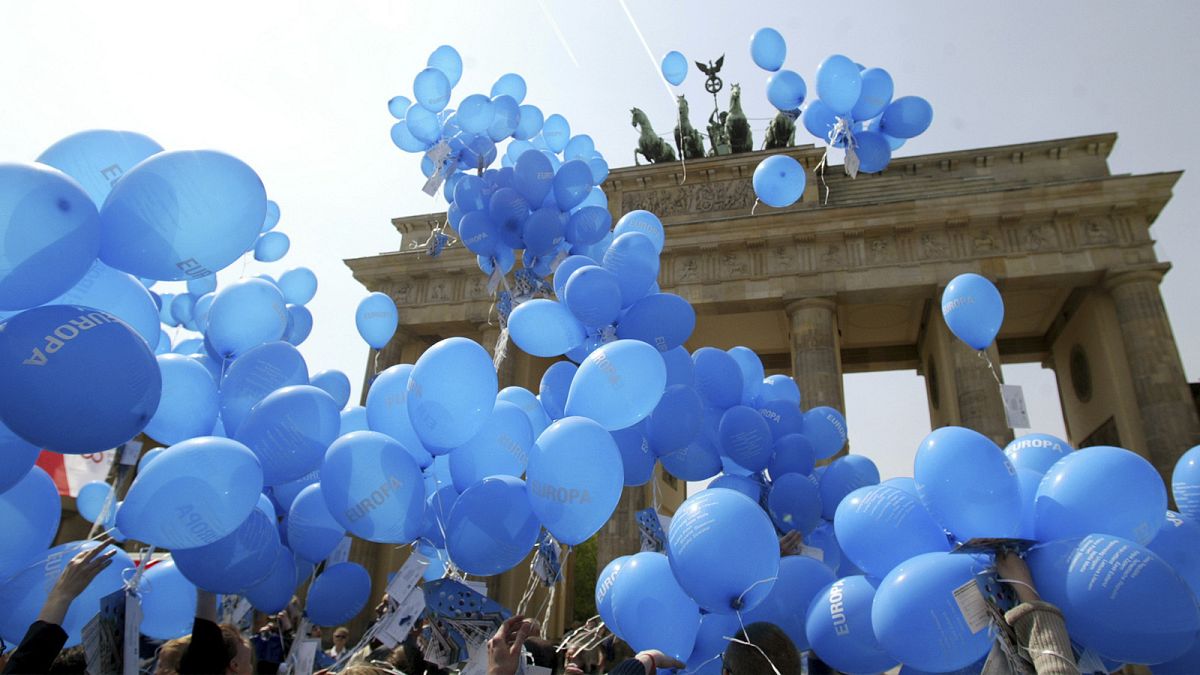
One senior analyst said the bloc has prospered overall, but there have been ”bumps on the road, otherwise known as Poland and Hungary and possibly Slovakia”. He warned of the possibility several current EU-hopefuls might also violate the bloc’s common values and interests.
On 1 May 2004, the leaders of 10 new European Union member states presented their flags to Pat Cox, the then European Parliament president.
The EU grew from 15 to 25 after being joined by Cyprus, Czech Republic, Estonia, Hungary, Latvia, Lithuania, Malta, Poland, Slovakia, and Slovenia.
The bloc now includes 27 countries — Croatia was the most recent addition, joining in 2022. The UK chose to leave following Brexit in June 2016.
The 10 member states represented a 20% increase in population, and the EU territory increased by almost the same percentage.
The total GDP grew by about 9%, while the GDP per capita decreased.
Michael Emerson, Associate Senior Research Fellow at CEPS Brussels, said the expansion had economic and societal benefits, but less so in the political field.
”Economics have gone very well. All of the new member states have been growing faster than all of the old member states. Financial stability has been reasonably good,” he said. ”On the people’s side, the migration movements in and out have been happening very freely and in an orderly manner. Now the politics — there are a few bumps on the road there, otherwise known as Poland and Hungary, and possibly Slovakia.”
In 2017, the European Commission initiated a procedure under Article 7 in response to the risks to the rule of law and EU values in Poland. The European Parliament backed this move in a resolution in March 2018.
Parliament triggered the Article 7 procedure for Hungary in September 2018.
Earlier this year, Adam Bodnar, Polish Public Prosecutor General, presented an “action plan” at a meeting of European affairs ministers in Brussels, consisting of nine bills aimed at restoring judicial independence.
The overture is part of the diplomatic reset that Prime Minister Donald Tusk has spearheaded since taking office in December.
Poland has been under Article 7 since 2017 due to systematic breaches of fundamental values and the continued erosion of judicial independence.
Hungary has been under the first phase of Article 7 since 2018 over the democratic backsliding overseen by Prime Minister Viktor Orban, who is accused of weakening judicial independence, perpetuating cronyism, diluting media pluralism, abusing emergency powers, passing anti-LGBT legislation and hindering asylum rights.
Meanwhile, other European countries are lining up to join, with nine vying for membership as recognised candidate countries — Serbia, Montenegro, Bosnia and Herzegovina, North Macedonia, Albania, Turkiye, Ukraine, Georgia, and Moldova.
To be accepted into the group, each contender must work to make the values and laws of the EU their own.
Last year, the six Western Balkans countries — the five candidate countries plus Kosovo — were presented with a growth plan, and offered access to parts of the EU single market in exchange for substantial reforms as a stepping stone to full membership in the union.
On Monday, European Council President Charles Michel said the EU must get bigger or risk facing a “new Iron Curtain” along its eastern flank.
The remark comes as Russia’s war with member-in-waiting Ukraine intensifies.
“It would be extremely dangerous if you would have an unstable neighbourhood with a lack of prosperity or lack of economic development. These are our common interests – of candidate countries and the EU – to make progress, to speed up,” Michel said.
Emerson pointed out there is a possibility those new countries will violate the bloc’s values and interests.
”For the Balkans, it can proceed with safeguard mechanisms, I would say, on the political side. Of course, Ukraine is a unique case, a big, big one, and we don’t know how the war is going to end,” he said.
Earlier this month, an exclusive IPSOS/Euronews poll found that 45% of citizens across the EU are in favour of Ukraine joining the bloc, while 35% are openly against it and 20% are undecided.
The member state most opposed to Ukraine’s accession is Hungary, where 54% of respondents are against it and 18% are in favour.
The war-torn country and neighbouring Moldova put in their bid to become EU members within weeks of Russia’s full-scale invasion of Ukraine in February 2022 and acquired candidate status in record time.
The EU agreed to start accession negotiations with Ukraine in late 2023.
The country is required to strengthen the fight against corruption, adopt a comprehensive law on lobbying, and finalise the reform of the legal framework for national minorities.
-

 Education1 week ago
Education1 week agoVideo: Dozens of Yale Students Arrested as Campus Protests Spread
-

 World1 week ago
World1 week agoEU sanctions extremist Israeli settlers over violence in the West Bank
-

 World1 week ago
World1 week agoShipping firms plead for UN help amid escalating Middle East conflict
-

 Politics1 week ago
Politics1 week ago'Nothing more backwards' than US funding Ukraine border security but not our own, conservatives say
-

 Politics1 week ago
Politics1 week agoDemocrats hold major 2024 advantage as House Republicans face further chaos, division
-

 Politics1 week ago
Politics1 week agoFetterman hammers 'a–hole' anti-Israel protesters, slams own party for response to Iranian attack: 'Crazy'
-

 World1 week ago
World1 week agoPeriod poverty still a problem within the EU despite tax breaks
-
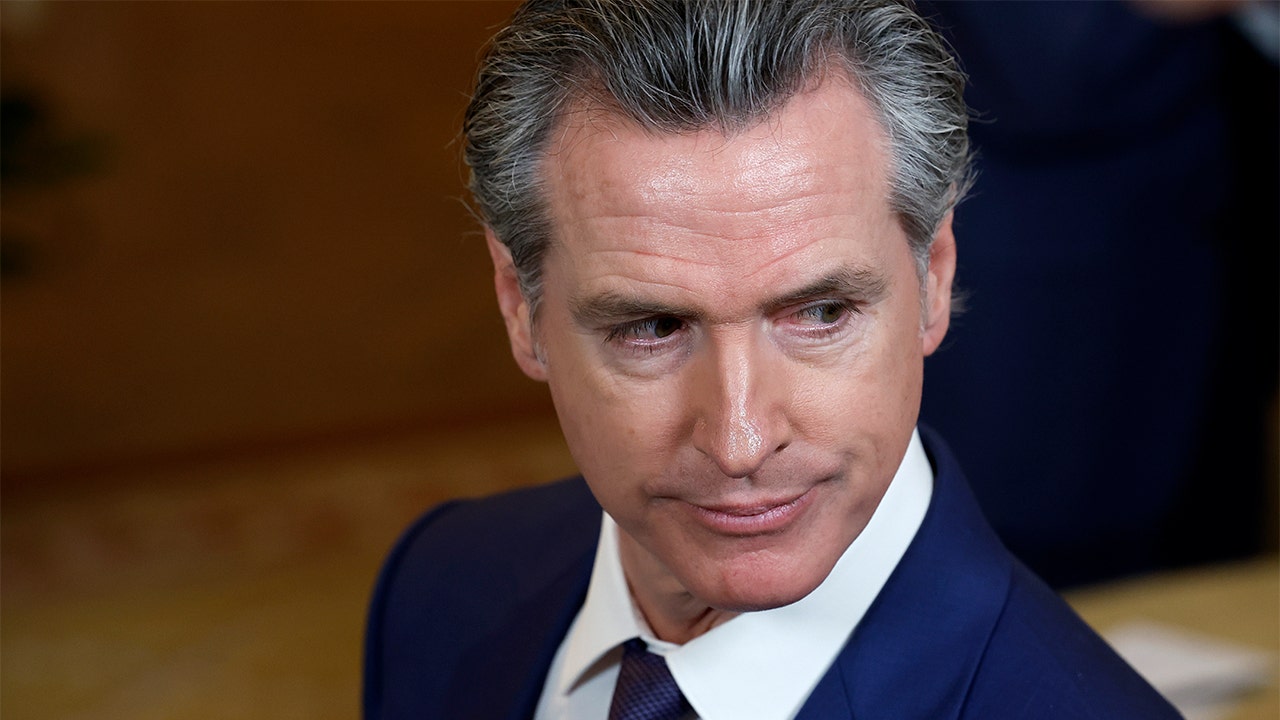
 Politics1 week ago
Politics1 week agoA battle over 100 words: Judge tentatively siding with California AG over students' gender identification
